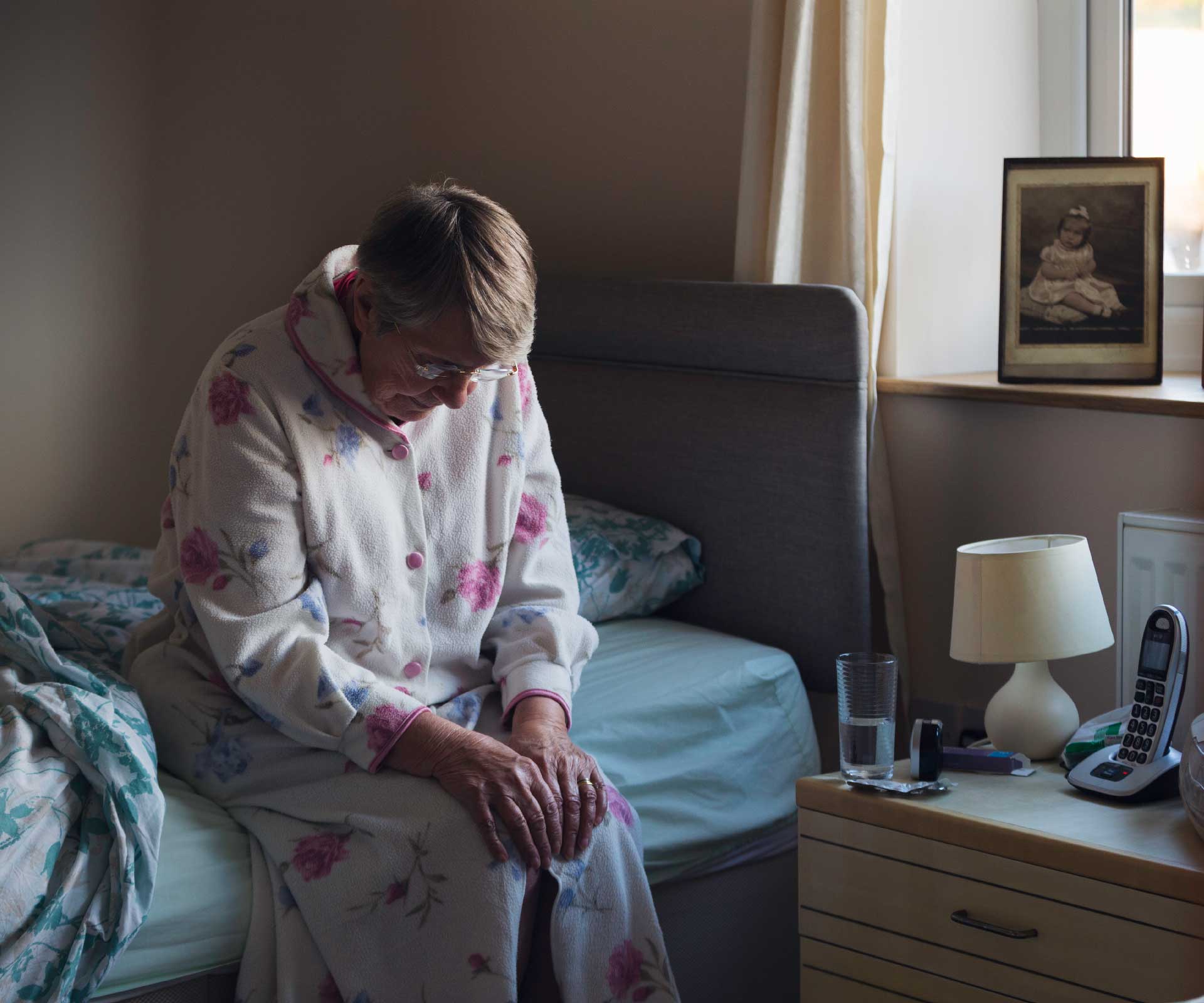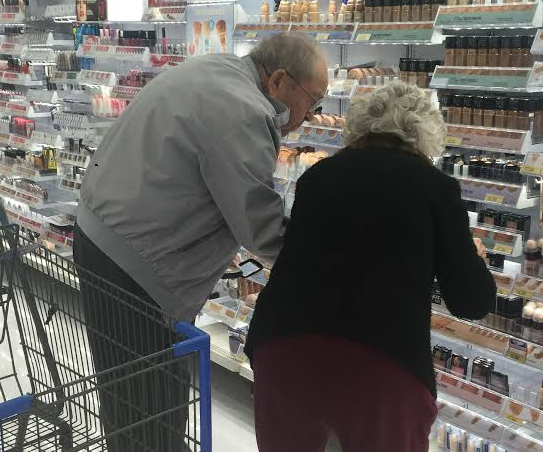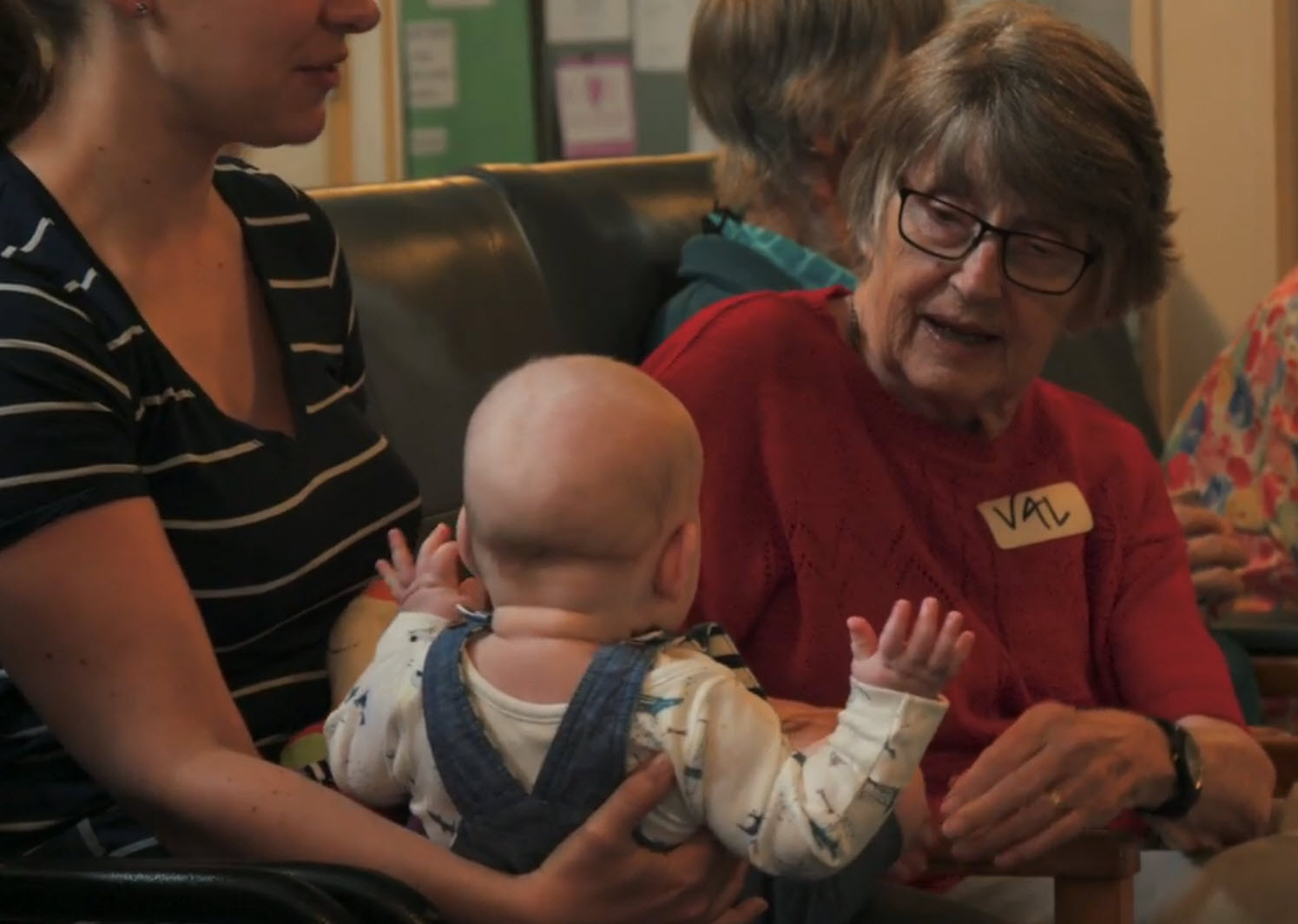Age Concern CEO Stephanie Clare isn’t one to mince words. No New Zealander, she says, should tolerate elder abuse. Yet we do – and the figures speak for themselves.
The charity gets on average eight calls every working day about alleged psychological, financial, physical or sexual abuse or neglect. And a 2015 study commissioned by the Ministry of Social Development found around one in 10 older Kiwis were experiencing some form of abuse.
Seventy-five per cent of the abuse is perpetrated by family members. Age Concern’s annual campaign Elder Abuse Hits Close to Home, which coincided with Elder Abuse Awareness Week, highlights this fact.
“We’re not making it up,” says Stephanie, a former nurse. “Three-quarters of abusers are from within the family and more than half are adult children or grandchildren. It’s happening right under our noses and it’s time we talked about it.”
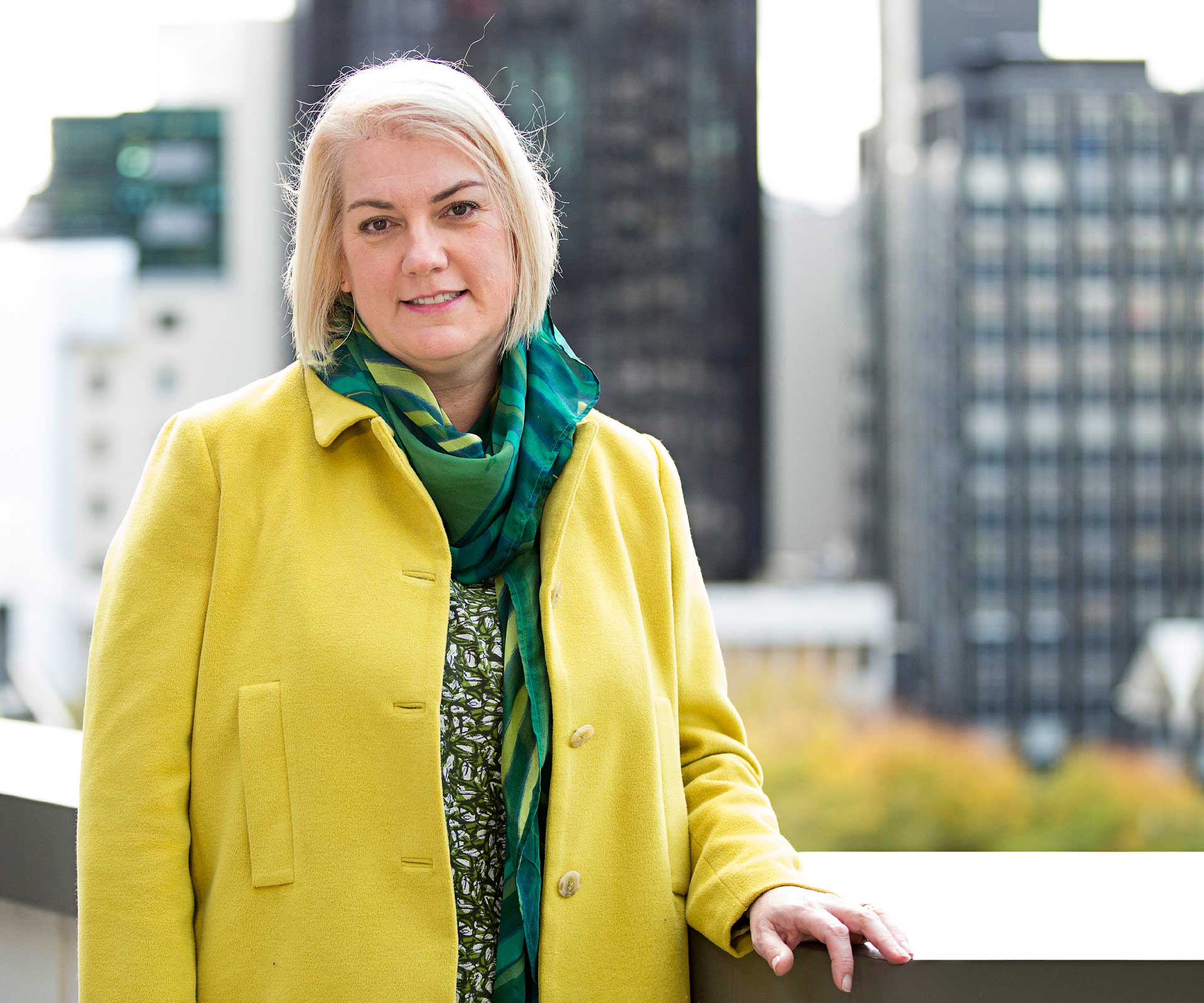
Age Concern CEO Stephanie Clare
There are some shocking cases. In December last year, a Taranaki couple was jailed after the man’s vulnerable elderly mother was found covered in sores, excrement and dirt.
In April, a Christchurch man who had threatened to leave his 94-year-old blind father forever if he didn’t sign over the ownership of his house was ordered by a judge to return the property to his father.
“The worst cases, those visible, nasty ones that make our stomachs churn, are horrific,” says Stephanie (50).
On the other hand, she says, abuse can often be overlooked or minimised, and excuses made for the offender’s behaviour.
“There’s a lot of subtle abuse – those little opportunities that become big opportunities, that become insidious behaviour. It might be a family member who’s always visited and who always takes small amounts of money; it might not seem much to you or I, but it’s a lot to the elderly person. And [the elderly] don’t know how to say no – they might be scared they won’t come back, that they’ll stop visiting.
“Perhaps it’s the grandson who has separated from his wife and wants a place to live, and grandma says, ‘Come and live with me’, or granddad says, ‘I’ve got a shed out the back’. That’s a nice thing they’re offering their family member, but at the same time, there’s a responsibility to give back. Often the person who’s taking advantage hasn’t even thought about the consequences.”
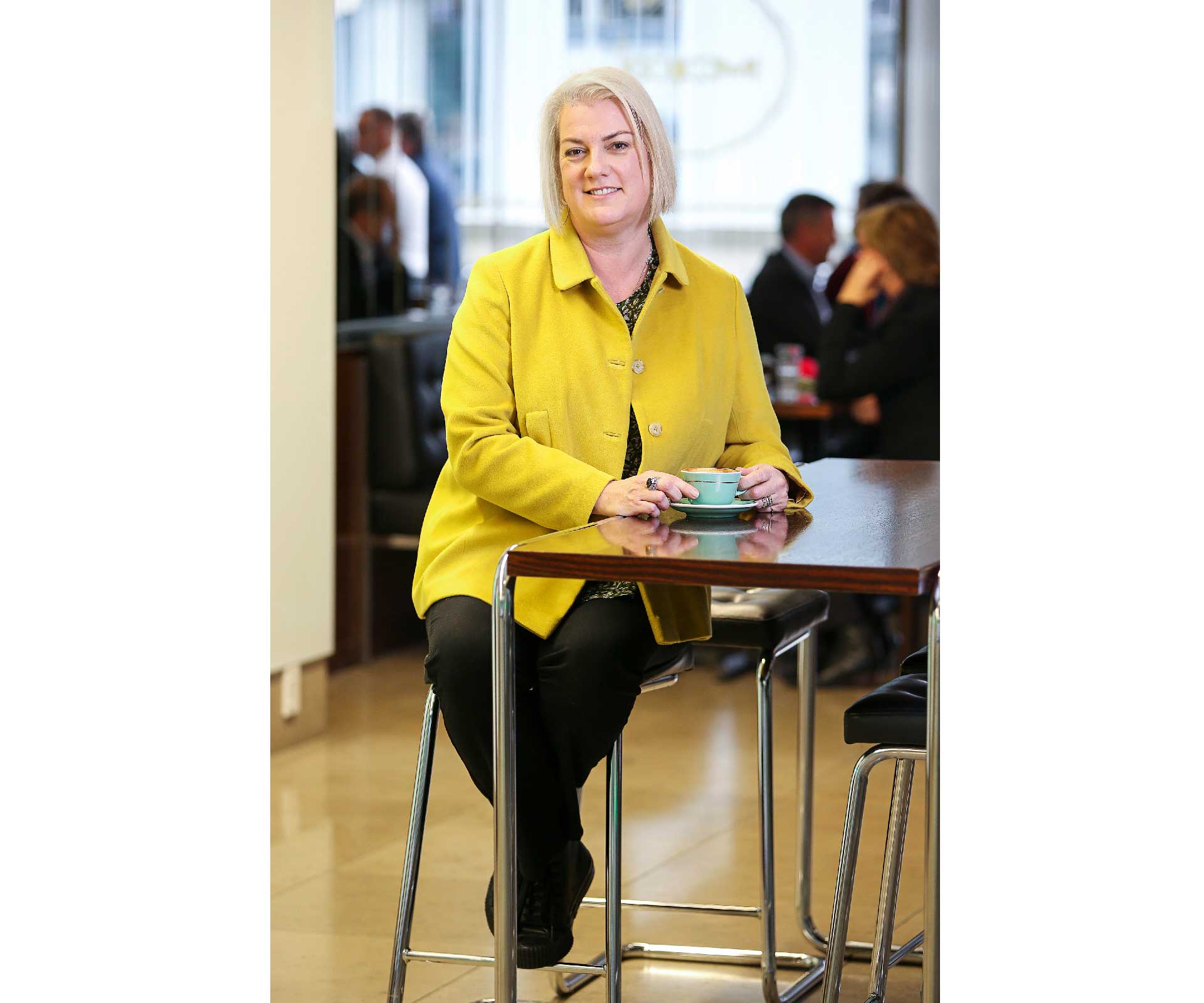
The personal losses associated with elder abuse – including loss of independence, health, life savings and security – can have a devastating effect on the victim.
Financial stress, technological advances and complex family dynamics are the main triggers for abuse, along with what Stephanie calls an “embedded lack of respect for the elderly”.
“There are times when I just cannot believe humans can do these sorts of things, but it happens because as a society, we don’t respect older people.”
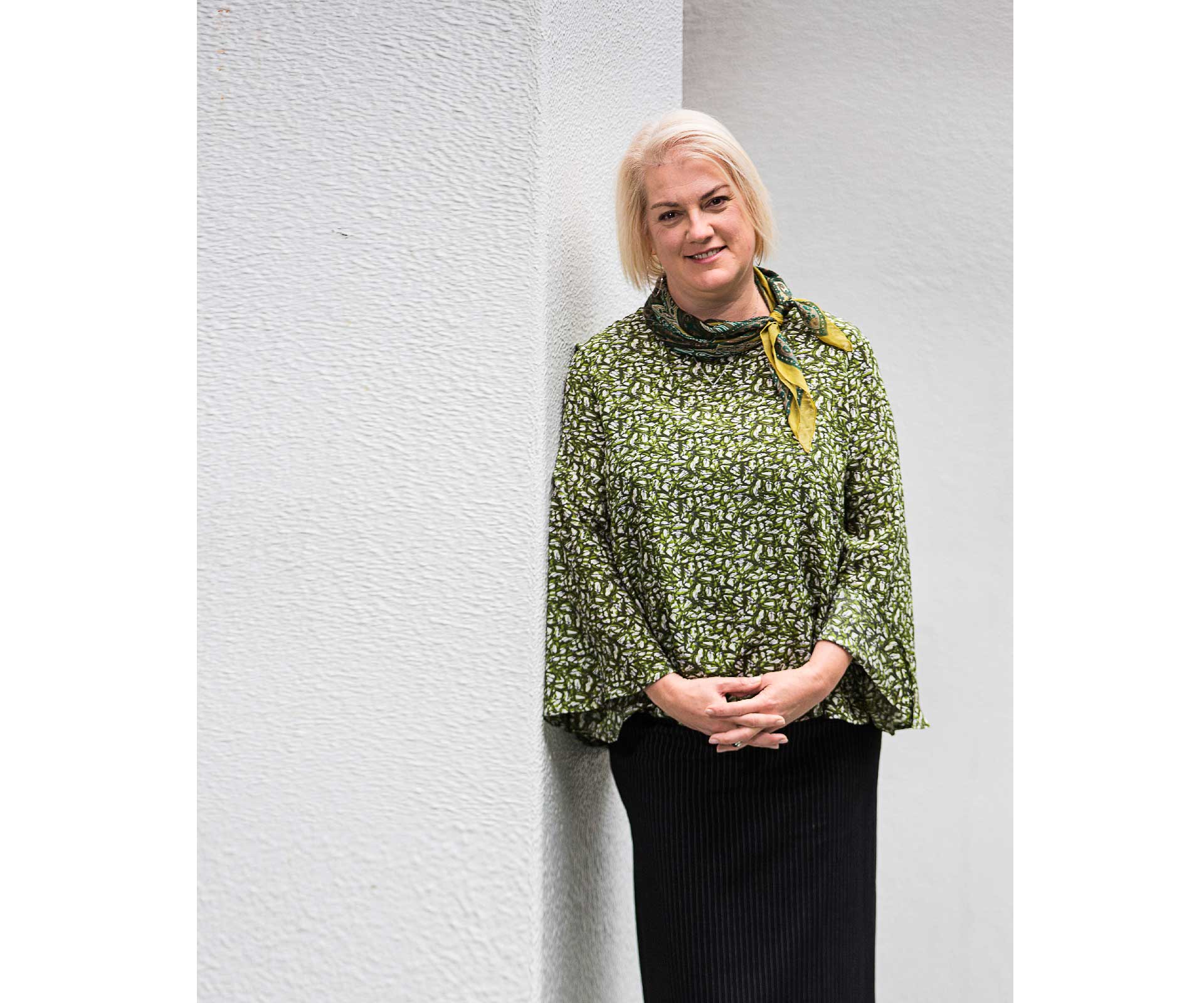
She argues all of us have a duty to look out for our most vulnerable – checking up on our neighbours, watching out for unexplained behaviour or a new “best” friend.
“The definition of elder abuse is a single or repeated act that looks at a relationship of trust and whether there’s harm or distress done to a person. It’s a simple human right to be treated well with respect and dignity,” says Stephanie.
“We certainly do it with other generations, so there’s no reason we shouldn’t do it with our elderly. We receive so much support from the people who are closest to us – our parents and our grandparents – and at some point, we should protect them from things that are protectable and not take from them.
“It’s about time we talked about the abuse, and it’s about time we stood up as a nation and said, ‘We’re not going to tolerate it.’”
Case study: One family’s betrayal
Yvonne is in her late 80s. She’d been happily living in a property she’d rented for close to 20 years when one of her adult children took it upon herself to “look after” her. The other siblings, thinking their mum was being cared for, went about their lives, visiting Yvonne occasionally.
But in February, Yvonne fell and broke her leg. She was admitted to hospital, where she stayed for several weeks. At the same time, her landlord decided that he wanted to do renovations and informed her she wouldn’t be able to move back into her home for at least a fortnight. Arrangements were made for Yvonne to stay with another daughter, Lucy, until the work was completed.
It was then that things turned nasty. Yvonne was presented with an eviction notice and given six weeks to pack up and leave. The older sister returned, this time moving in with Yvonne.
All the while, unbeknown to the rest of the family, the house was becoming a tip, Yvonne’s money was being spent freely and her possessions were going astray. After convincing Yvonne the younger siblings didn’t want a bar of her, the older daughter promised she could move in with her once the eviction notice took effect.
But when the time came for Yvonne to move out, the older daughter washed her hands of her, leaving the other siblings scrambling to find accommodation for their mum.
Yvonne is now living in temporary housing as she waits for a needs assessment after the family approached Age Concern for help. Lucy says the experience has been horrendous.
“Our older sister sabotaged everything. There was no physical abuse but there was emotional and psychological abuse and neglect, really. Mum went from someone who cooked all her own meals to someone who knew where all the takeaway shops were. It was hideous.
“It’s been a shock and I feel guilty that perhaps I left things to others when I should have been doing more.”
Names have been changed.
Of the cases seen by Age Concern’s Elder Abuse and Neglect Prevention Services in the past three years:
• 75 per cent involved psychological abuse
• more than 50 per cent involved financial abuse
• 15-20 per cent involved physical abuse
• 10-15 per cent involved neglect
• 10-15 per cent involved self-neglect
How you can help:
• Learn and talk about abuse
• Check in with older people
• Watch out for scams
• Set up safety systems for your neighbourhood
